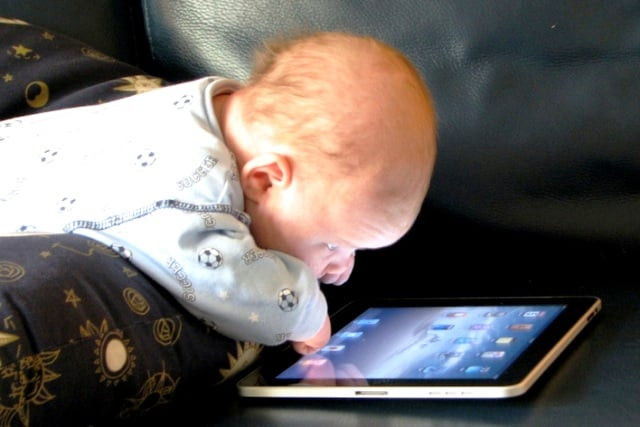 Bitstrips has become a craze among the young and old, with people creating pictures of their human selves online. Photo: Bitstrips (Facebook Page)
Bitstrips has become a craze among the young and old, with people creating pictures of their human selves online. Photo: Bitstrips (Facebook Page)However, what started as fun and games has long since existed to be only that. You are now as much of an amalgamation of your online experiences as your real-life ones and who is to say which one is what?
With phone alerts punctuating almost all our human interactions, the time and importance we give to knowing why Karachi is trending on Twitter is way more than how we actually spend an ordinary day in the city.
#PublicServiceAnnouncement: If you're in #Karachi, get your act together & go the #AnnualUrduConference @ the PAC. It's singular.
— HMNAQVI (@HMNAQVI) November 30, 2013
Cat found on Khayaban-e-Ameer Khusro. Contact 03228871944 if your cat has been missing. #Karachi pic.twitter.com/mphZxW5Htt
— Pakistan Animal Welfare Society (PAWS) (@pawspakistan) November 30, 2013
However, where does our online life end and where does the real life begin?
Moreover, does our real life even matter anymore?
Though a seemingly preposterous idea, our increasing participation in cloud communities, online food groups, art pages and movie review forums, at the expense of real-life interaction with fellow mortals says otherwise. Even when it comes to things such as developing skill-sets or finding a living, we are more likely to spend time on activities that are valued on the internet as opposed to real life things, like getting out of bed.
Busy adorning our cell-phone experience with the furniture of apps, we are slowly doing away with the need of having tangible things around. Notebooks, calculators, chess boards, canvases, alarm clocks are all examples of things that have slowly disappeared from our physical surroundings, only to appear in our virtual one.
 Online apps are slowly doing away with the need of having tangible things around. Photo: AFP
Online apps are slowly doing away with the need of having tangible things around. Photo: AFPRemember how you hid the other day from that acquaintance at the mall?
It is a fact that we shy away from having real-life encounters and are wary of stepping out to buy say, brownies, but willingly struggle to earn extra lives in Candy Crush – okay maybe, that one is a tough call, but you get what I mean, right?
 People struggle to get to the next level of Candy Crush as if their life depends on it. Photo: Reuters
People struggle to get to the next level of Candy Crush as if their life depends on it. Photo: ReutersWe abandon our comfort zones to protest against the banning of websites and it is only when we are blocked on online pages that we truly begin to value our ‘fundamental’ rights.
With our rooms slowly transforming into bat-caves where we wish we could store a week-long supply of food, our online lives are taking over, leaving little or no room to develop our offline identity. We know how to respond to various online situations with standard acronyms like YOLO (You only live once), ROFL (Rolling on the floor laughing) and of course, the staple LOL (Laugh out loud), but often find it next to impossible to tell someone off in real life – a fact I am now convinced of after a friend disclosed that she had taken an online course on ‘How to say NO and stand up to your peers’.
Even though we would like to think that this is a problem that affects only a certain strata of society, upon closer inspection this does not seem to be the case. From daily-wage earners to salaried drivers, sometimes it is getting lost in the world of their mobile phones that keeps them going.
With people adding filters to their photos on Instagram to cropping out their photo-bombing friends, our online appearances have started to matter just as much as our real selves, if not more.
 It has become more important to share one's picture on Instagram than meet people in person. Photo: AFP
It has become more important to share one's picture on Instagram than meet people in person. Photo: AFPWho are we turning into and who are we leaving behind?
The question to ask yourself is,
“Are you for real, bro?”
If you still think that I am exaggerating, here is why I am not - Mark Zuckerberg’s sister thinks one should register a baby’s online identity at birth!



COMMENTS
Comments are moderated and generally will be posted if they are on-topic and not abusive.
For more information, please see our Comments FAQ